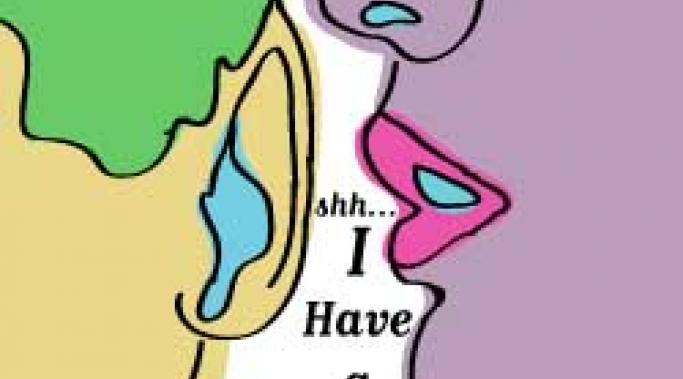Blogs
Are you anxious about your worrying? Sure, you've got worries. Life is stressful, there’s a lot at stake in our daily lives, and sometimes things go wrong. Worry is part of being human. But do you worry too much? How much is too much? Where is the line between healthy worry and an unhealthy anxiety disorder like generalized anxiety disorder?
Halloween and Dia De Muertos (The Day of the Dead) can be child's play. Ghosts, goblins, superheroes, Disney princesses and more bring both smiles and horror. For those with a mental illness, PTSD or panic, Halloween can conjure up very intense negative responses.
Sometimes horror flickers on the TV screen or in the movie theater, sometimes horror is found behind a mask, sometimes it comes to visit wrapped in "Trick or Treat!" Potential triggers lurk everywhere: black cats, oversized spiders, masks, horror movies and even costumes that perpetuate mental health stigma, domestic violence and much more. Ahhh, the midnight hour.
Emily answers questions about confidence, not feeling "good enough", and being kinder to yourself. Her genuine response to clients and readers questions helps make an impact when trying to build more confidence and get rid of negative thinking patters once and for all. Her therapy dog Milo makes an appearance in this video.
I am a sleepy monster. I slept 12 hours on Monday night. I slept 10 hours last night and I could totally take a nap right now. In fact, I might. Or, instead, I might do some warm-up activities to get my body centered, focused and excited all at the same time. I'm takin' 'bout Brain Gym, y'all!
I was talking with a friend recently about disclosure related to our mental illnesses. We were trying to figure out how and when you tell someone that you have a mental illness. It is a difficult problem, not only for those of us living with mental illness, but also for family members, because mental health stigma still exists. We were specifically discussing how, when, and if we should tell a potential employer about our mental illness.
Recently I went on a little trip east. In addition to the plane being 2.25 hours late, the thing that got to me was the 3 hour time change.
On Halloween, across this fine land of ours, little bourgeois American children dress up like who and what they fear and haunt the leafy cul-de-sacs of suburban housing developments stuffing Walmart bags full of sugar-rich candy certain to kick their ADD into high gear. Yes, it's a night of ghouls, ghosts, vampires, villains, lobbyists, gangsters, mass murderers, bankers, assassins, blackmailers, and monsters of every imaginable description. While the holiday simply oozes good-natured fun and games, it also casts a sad shadow across our culture. This is because these characters, so exploited for their shock appeal, are frequently underserved by the mental health community. What do I mean by this?
Much has been written in recent years about the undead. The undead face a great deal of ridicule, mostly because they walk so slowly, and are not particularly frightening. However, the undead are falling apart, frequently losing bits and pieces as you watch, and most troubling of all, eat brains. One must wonder how far some of them must go in order to get a complete meal.
Regardless of whether it has pagan or Catholic origins, Halloween is a time of year to remember the dead. For example, my church takes a moment to remember our members who have died - two of them by suicide. So, in honor of Halloween or All Saints Day or whatever you call it, here are the life lessons I've learned from death.
Knowing how to help a family member with mental illness requires knowledge about the mental illness, the mental health system, and insight into your family member's personal situation.
Last night, I received another e-mail cry for help from a reader.
"I began reading "Ben Behind his Voices" last night and have barely put it down. Our son seems to be following Ben's track. We don't know what to do. Any suggestions?"
I wish I had all the answers.
To keep your cool while parenting a child with mental illness sometimes takes every drop of your energy. Especially when you're annoyed, upset, cranky, irritated or just plain stressed out. Getting upset is a normal thing for all people, but it takes a few tricks to keep your anger in check. And when you can keep your cool, your child will, too. Here are three steps you can use to keep your anger in check and calm down.








